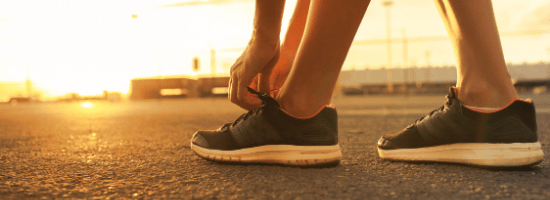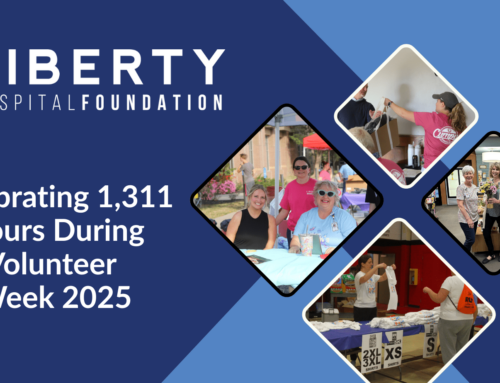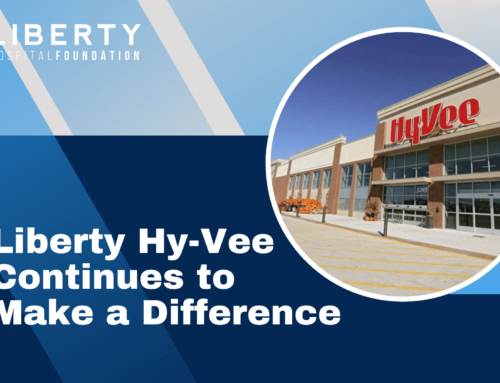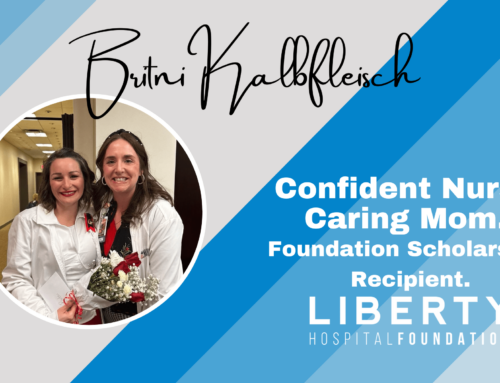Today’s blog is provided by Guest Blogger, Jennifer Judd.
Hospital Chaplain | Soccer Mom | Marathon Runner
Resilience is a buzzword in healthcare at the moment. As we have reached the one year anniversary (dare we call it that because anniversary implies celebration, but perhaps it’s simply recognition) of the COVID-19 pandemic, healthcare leaders and others have recognized the importance of supporting the resilience of healthcare staff. We are seeing more resources put into caring for staff. Liberty Hospital is one of a handful of recipients of a grant from the Henry Luce Foundation and the Chaplaincy Innovation Lab for work focused on staff resilience. We are putting our own oxygen mask on first to take better care of our patients.
This need isn’t simply for healthcare workers. It’s for teachers, parents, truck drivers, grocery store workers, IT professionals, grandparents, stay-at-home moms, truly, it’s for all of us. We’ve never done anything like this before… live with so many changes to life all at once. All change, whether good or bad, implies a loss of what was. Developing resilience, practicing resilience, being intentional about how we think, act, feel is something that we all need right now.
But what is resilience? I’ve recently taken a casual poll of our Liberty Hospital staff, and the answers are varied. The ability to get back up after getting knocked down, perseverance, stick-to-itiveness, coming back to work every day, being able to adapt are among some of the answers. I think all of these answers describe resilience in some way, but I think they imply that resilience is something that we just have or we don’t. That it’s a character or personality trait. But what if we can learn it, develop it, practice it? Like learning to play an instrument or a new skill? I believe we can.
In the next few months, I’ll be sharing some skills of resilience that we can practice. When asked to do this, my first thought was why me? I don’t consider myself particularly resilient, but maybe I am. I’ve been a Liberty Hospital chaplain for 20 years and have seen many changes. Some of them hard ones as I’ve watched employees come and go over the years. Some of them wonderful, new buildings, new service lines, increased opportunities for caring for our community. I’ve also learned resilience as a runner. I’m a back-of-the-pack (in other words SLOW) marathon runner. I’ve learned how to put one foot in front of the other for several hours. When I first started running, I couldn’t even run a quarter of a mile. I’ve learned.
We can all learn how to be more resilient. One of the first things we can do is take a deep breath and remind ourselves of our ability to cope. We’ve all been through stuff in life. Some big things, some small things, but we’ve managed to get to where we are today. I have felt extremely overwhelmed at times during the last year. I confess I’ve shed my share of tears. Often when we feel overwhelmed, frustrated, angry, sad, or afraid, we do whatever we can to quickly get ourselves out of that feeling because they are so uncomfortable. Emotions aren’t bad or good, they are just emotions. Maybe we need to have some compassion for ourselves. What would we say to a friend experiencing those things? Say those things to ourselves. It makes sense that we’re feeling this way.
After we’ve given ourselves permission to feel, we can think about how we can cope, personal strengths that are at the core of our being. Maybe you are really good at sticking with a task and completing it. Perhaps you listen well to others or are good at showing gratitude. Maybe your faith is essential to how you cope. Courage, the ability to step up and try something new, the ability to be innovative, artistic, creative are all parts of ourselves that promote resilience. And remember how you’ve gotten through past difficulties. I remember being witness to a family’s grief after a husband and father passed away. The family’s pastor came to the hospital. As members of the family lamented and asked “what are we going to do?” the pastor said, “We are going to do what we’ve always done.” and began listing off the things that this family has done to work through past adversity. Yes, this pandemic is something new and different, but the challenges it presents are similar to other challenges we have faced.
The first pillar of resilience is to believe that you can cope and remember that you’ve done it before.[1]
[1] The concept for pillars of resilience are from “Seven Skills of Resilience: Practical ways to enhance well-being in these trying times” by Katherine King, PsyD. https://www.psychologytoday.com/us/blog/lifespan-perspectives/202003/seven-skills-resilience






